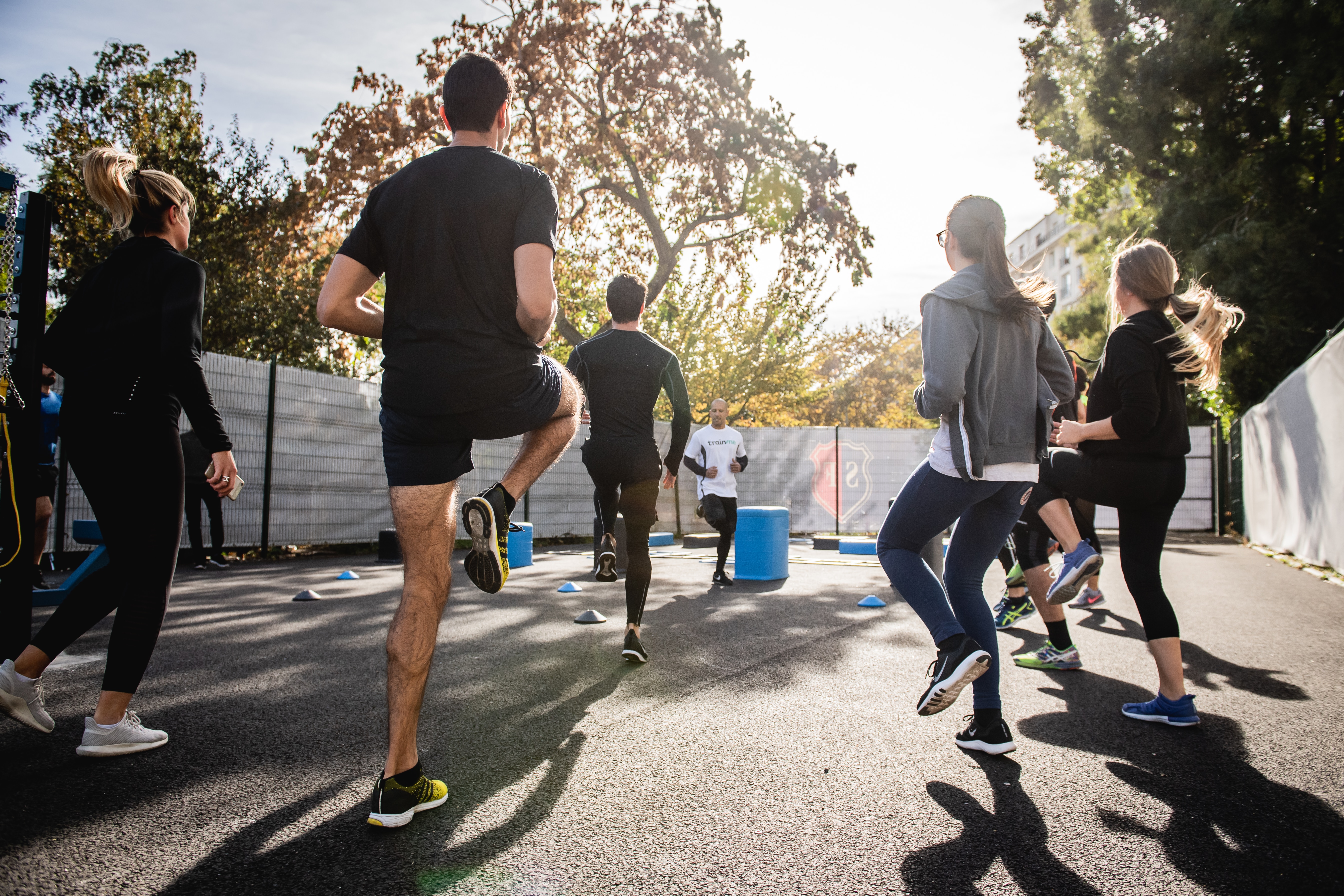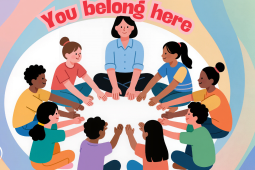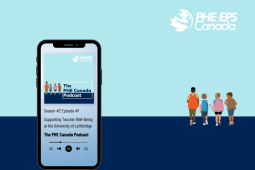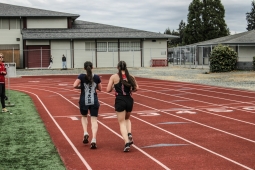The Case for Physical and Health Education Specialists

Previously published in volume 81, Issue 3
Like most teachers, I lose sleep at night worrying about how I can better serve my students. However, I’m not worried about teaching some elaborate mathematical concept or some crucial skills that will help them decode and understand a piece of text.
I am a physical education teacher; the skills I teach might not get a child into a prestigious university program, but they will help him or her develop into a healthy, active adult. What I teach every day is as essential as reading, writing and mathematical problem solving.
Canadian children at risk
Government of Canada statistics show that obesity rates among Canadian children and youth have nearly tripled in the last three decades. The most recent ParticipACTION Report Card on Physical Activity for Children and Youth indicated that an abysmal 14% of five to 11 year olds meet the daily recommended minimum of 60 minutes of moderate to vigorous physical activity (MVPA). The percentage is worse for children 12 to 17 years olds; an astonishingly low 5%.
Imagine if only 14% of Canadian children were reading at grade level? Parents would probably demand a complete overhaul of the education system. Yet, parents are not picketing their Ministry of Education, demanding better fitness results.
Homeroom teachers: competing priorities
The reality in much of Ontario (and the rest of Canada) is that physical education in elementary schools routinely falls into the lap of the homeroom teacher. You know, the same teacher who loses sleep because Johnny is struggling to comprehend a written passage or because Marie-France is having issues with long division. These teachers have enough to worry about, don’t they? Most of them lack the time, energy and background knowledge to delve deeply into the physical education curriculum, but it is essential stuff.
Why a specialist?
.png)
I can dig deep into the meat and potatoes of the PE curriculum because I am part of a rare breed. I am an elementary school physical educator. In 2003, only 39% of Canadian schools reported having specialists in charge of teaching physical education (Cameron, Craig, Coles & Cragg, 2003). Why is that a concern? You wouldn’t want a biology teacher teaching your children the basics of reading, would you? You would want someone passionate about reading.
In other subjects that would be unacceptable. If a math teacher did not create learning experiences that helped students be successful, principals and parents would take issue with it. There would be meetings with colleagues, administrators, parents and specialists. There would be several attempts to find a solution. A plan would be put in place. Parents would expect that. Most would demand it.
Yet, we have untrained teachers trying to teach children to master the basics of movement. These teachers are well meaning, but most of them don’t even know there are fundamental movements to master. They lack the knowledge needed to provide children with a quality learning experience.
What’s at stake
By not effectively teaching children the fundamental movement skills in early elementary school, we are consistently missing a chance to set children up for future success.
Physical education specialists during critical developmental years at the elementary level are vital for developing the skills, knowledge, attitude and health benefits for an active, healthy lifestyle (Mandigo et al, 2003). That’s why, when I see a child who can’t run properly, I go into teacher mode. I conference with the child. I try to model the skill properly. I give the child plenty of chances to practice the skill properly through a variety of fun, active games. That’s what all good teachers do.
That child who struggles to run properly is what keeps me and other physical educators up at night. Helping that child master proper running technique is essential. It’s not something that should slip through the cracks. One recent study shows that children who have good motor skills when they are 6 years old are more active at age 26 than those with poor skills (Lloyd, Saunders, Bremer & Tremblay, 2014). Early intervention and instruction by qualified individuals is the most likely way to help that child develop the skills and confidence to run, as well as the motivation to try and to learn.
All children deserve this. They deserve to be taught and guided by a physical education specialist who knows what to look for and what to do to help better the odds of success in the gym and on the field.








